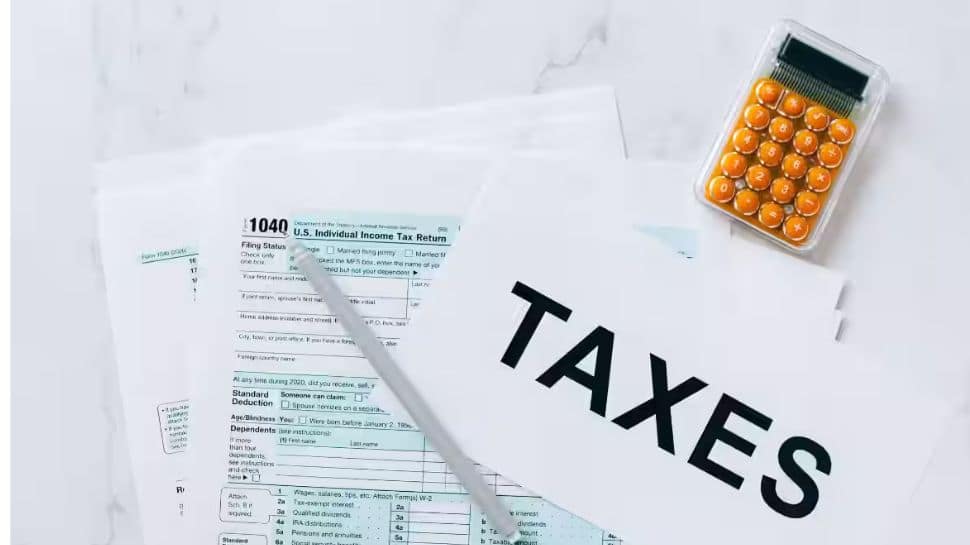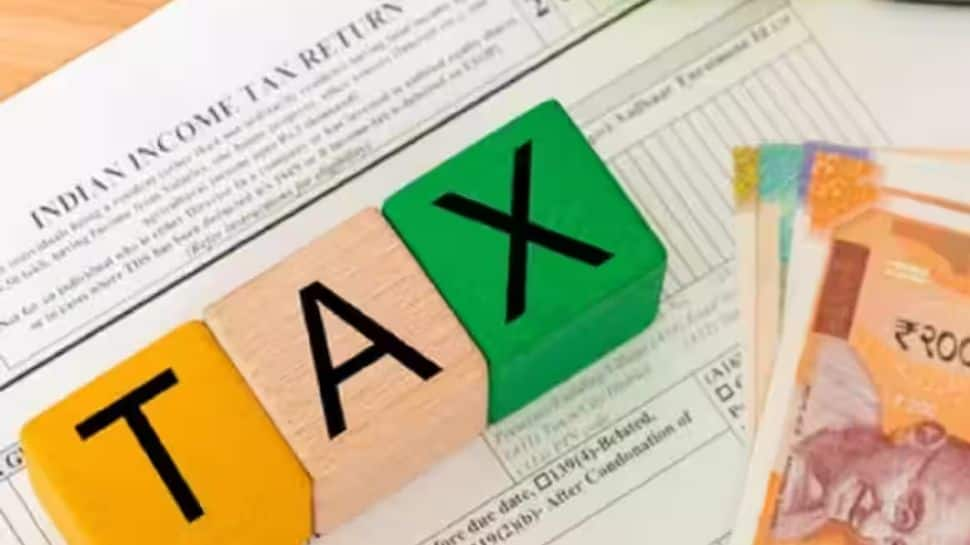)
Depositing more than Rs 10 lakh in your savings account in a single financial year can invite scrutiny. The Income Tax Department keeps tabs on such transactions to ensure funds are accounted for and not undeclared income.

If you purchase a property worth Rs 30 lakh or more, it must be reported accurately in your ITR. Not doing so could lead to a notice, especially if there’s a mismatch in reported income and property value.

FDs are safe, but depositing over Rs 10 lakh in fixed deposits within a financial year may alert tax authorities. Ensure these transactions are documented and reflect in your returns to avoid issues.

Paying more than Rs 1 lakh in cash towards your credit card bill regularly may raise questions about the source of the cash. While not illegal, frequent large cash payments can lead to scrutiny. Opt for digital payments for better transparency.

Purchasing foreign currency or travel cards worth Rs 10 lakh or more can also attract attention. Report all such transactions in your tax returns to remain compliant.

Investing over Rs 10 lakh in mutual funds, debentures, or bonds in a year can also be flagged. It's essential to disclose these correctly in your ITR to avoid misunderstandings with the tax department.

Don’t panic. Keep your documents ready—bank statements, investment proofs, and income sources. If you’re unsure, consult a reliable tax professional or CA. Staying transparent and compliant with tax rules can prevent bigger problems.